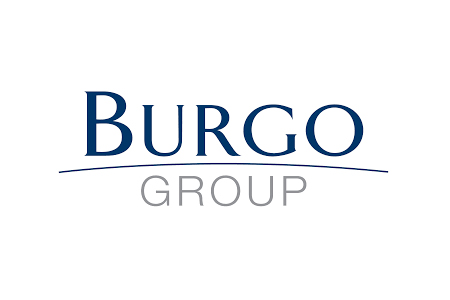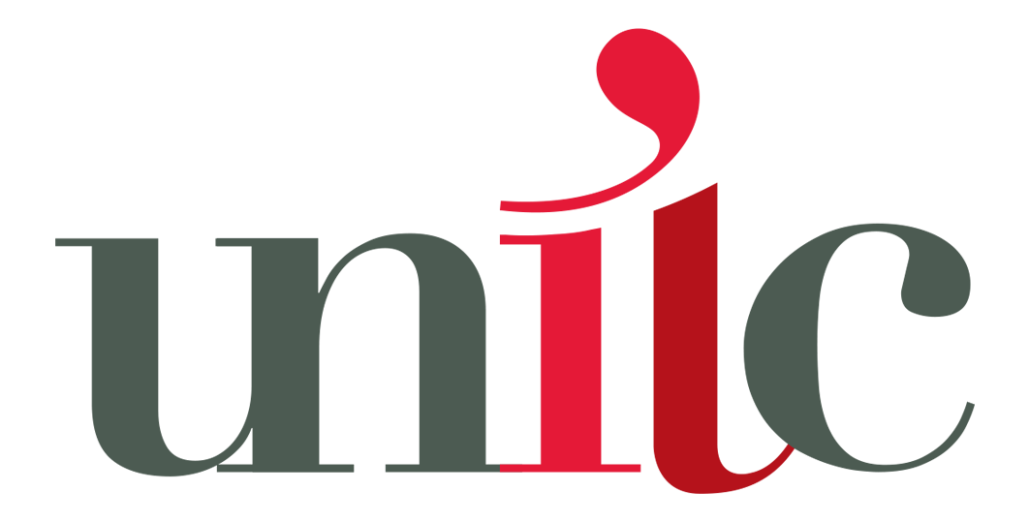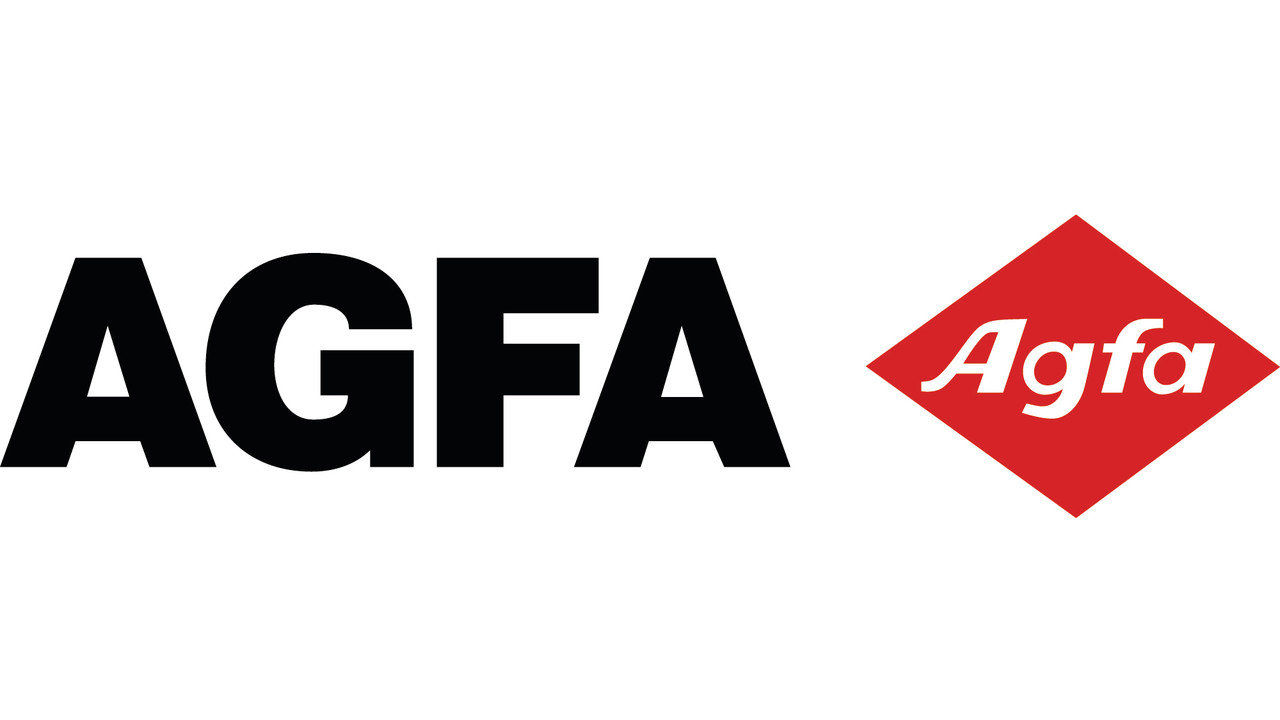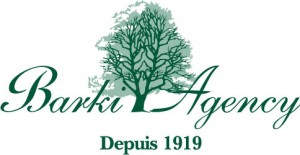As London’s ‘local’ paper hits troubled times, we examine the profitable past and challenging future for Britain’s provincial press
What job title did George Osborne, the former Conservative chancellor of the exchequer, and the late Labour leader Michael Foot both hold? It is a pub quiz teaser, but one that becomes easier if you add the names of journalists Max Hastings and Paul Dacre to the list.
The answer is that all four of them have at one time edited the Evening Standard, the London local newspaper that has long stood alongside Britain’s major national titles, mainly by virtue of covering a vast capital city and serving a captive audience of commuters.
Following sweeping reductions in its scope, size and staff, the Standard, like many regional daily papers, is now facing dark days. Available to Londoners at no charge since 2009, it has been steadily losing ground to its younger sister, the Metro freesheet, and has few apparent routes to commercial recovery.
The paper is one of many victim of shifts in reader behaviour. Hit first by the arrival of the internet, it has been floored by Covid-19 lockdowns, becoming the most high profile of Britain’s local mastheads to suffer. (In the 20 months between January 2019 and August 2020, astonishingly, Britain lost one news title every month.)
Over the past 10 days, amid dispiriting rumours about its future in print on the streets of London, the Evening Standard has waved goodbye to its editor, Emily Sheffield. Known to Standard readers as a regular columnist and the sister of David Cameron’s wife, Samantha, hers was one of the shorter editorial tenures in the paper’s history: she was appointed a mere 15 months ago. The email she sent to staff to announce her departure spoke sorrowfully of an “incredibly challenging period of history”.
A Marlborough-educated former Vogue journalist, Sheffield took over from her friend Osborne last summer, and quickly attracted flak for advertising her foreign holidays and love of fashion on social media. While she is hardly the first Fleet Street editor to have a taste for the good life, Sheffield did, however, enthuse about these passions during a period in which many of her readers were becoming seriously impoverished.
The editor’s role is now being covered by Charlotte Ross, the fourth woman to do the job in the Derry Street newsroom. This quartet – which includes Veronica Wadley, now a Conservative peer, and Sarah Sands, later the editor of Radio 4’s Today programme – all came along after 2002. Other notable editors from the long line of male incumbents, apart from Foot and Osborne, include Charles Wintour, Frank Owen and Simon Jenkins.
Founded in 1827, the Standard was for many years part of the Associated Newspapers stable, but since 2009 it has been majority owned by the wealthy former KGB agent Alexander Lebedev and his son Evgeny. This dramatic switch of ownership was marked with an eyecatching advertising campaign in which the newspaper apologised to Londoners “for losing touch”.
From the start, Lebedev junior involved himself front-of-house more than most newspaper proprietors, presiding over the newspaper’s glamorous annual arts awards. For a while, this approach worked: a combination of free distribution in central London, an edition sold cheaply in outer boroughs, and an injection of funds brought the title a succession of industry awards.
But recently the Standard’s readership and influence have dwindled. Last February, circulation fell below 800,000. During the pandemic, free print copies were delivered direct to reader’s homes in an effort to keep them connected.
It is a far cry from the days of a busy newsroom that once pulsed with the prospect of stealing a march on the nationals. Standard reporters on the spot at Westminster were often able to get ahead of the next morning’s political headlines.
“Under both Hastings and his predecessor, Stewart Steven, the paper had a strong identity. And that worked well for both of them, although they had different views,” said the paper’s former health editor, Jo Revill. “It was a buzzy, positive place to work, and both those editors were in the newsroom a lot. It was a full-on job for them, with five editions coming out a day.”
Revill recalls Hastings hammering out his leader column at 7am for a 7.30am deadline. Others remember Dacre, who had the job before Steven, being equally diligent.
During this period, there were about 30 news reporters, including 12 specialists covering areas such as crime, industry and entertainment. Its six photographers had a full diary of events to attend across the city.
Campaigns were a big part of the Standard’s personality, a strength echoed across other major regional titles. In one week in 2014, the Yorkshire Post was campaigning about loneliness, and the Manchester Evening News was saving the city’s science museum, while the Northern Echo agitated to save local jobs. During the Thatcher era, the Standard helped fight off a threat to Barts hospital and also made a big impact covering the scandal surrounding care homes in Islington.
It was transport, however, that reliably grabbed the headlines, said Revill: “Those stories were the heart of the news because everyone reading the paper was probably on a bus or a train.”
Another boast of the Standard was its wealth of well-known critics and columnists. Art critic Brian Sewell, theatre and film reviewer Alexander Walker and food writer Fay Maschler – who still contributes to the paper – became media institutions. Meanwhile, the gossip page allowed readers wearying their way home to the suburbs to imagine that all the A-listers in Britain were heading the other way towards expensive restaurants and nightclubs.
For one long-serving subeditor, the decline became noticeable during Wadley’s reign, when the paper dropped an edition and made cuts. “Everyone grumbled all the time, but it was more acute then. Wadley lengthened our hours from 6.30am to 2.30pm and was much more intrusive. She watched us like a hawk.” In comparison, Hastings had left “the nitty-gritty” to his team.
But the routine of a daily evening paper still provided excitement, particularly on election or budget day. “The art of it was remaking the pages and keeping as up-to-date as possible. If you were doing the splash, you would have the deputy news editor and editor at your shoulder, feeding you the rewrites. The adrenaline was enjoyable, but then what we called ‘mission creep’ came in. We had more to do for the same money.”
Regional giants such as the Liverpool Echo, founded in 1879, and the Brighton Evening Argus, established 1880, had already been dealt the same grim hand. When the internet arrived, the lifeblood of a local newspaper – classified advertising – dried up. About 300 regional titles have fallen since 2005 – the last time when simply producing a newspaper could bring in reasonable money.
Yet, although it is too soon to say the tide has turned, there is movement in the news market. The arrival of online sites run by big media groups has created local skirmishes that are seeing some older titles reinvest in reporting teams to compete. In Liverpool, a site set up by JPIMedia is challenging the Echo’s position, while large groups such as Newsquest and Reach are battling with online titles in areas left without adequate coverage. The closure of Reach’s Blackmore Vale Magazine in Dorset prompted Newsquest to create a new Vale edition of the Salisbury Journal, one of more than 15 regional news websites created by the group in the last three years.
The big groups have realised that there are savings to be made by syndicating content across many local sites, whose reach may then attract advertising from national brands and lessen the need for classifieds.
Analysts such as Ian Burrell have noted an unexpected side effect to all this activity: investment in editorial staff. In response to Reach’s SussexLive site, the Argus in Brighton has created 50 digital jobs, while the Manchester Evening News has expanded into Wigan and Stockport, putting more journalists back out in the community.
Ultimately, no matter how disconnected from the readership an editor might seem, or how connected they are to the great and the good, what really makes a publication appeal to readers is a mix of energy and information. When Lord Beaverbrook made a 28-year-old Michael Foot editor of the Standard in 1942 he was reaching, misguidedly or not, for some of that energy. Britain’s great provincial titles, the Standard among them, need an urgent shot of the same, accompanied by the support of their owners.
Lire : The Guardian du 31 octobre









































